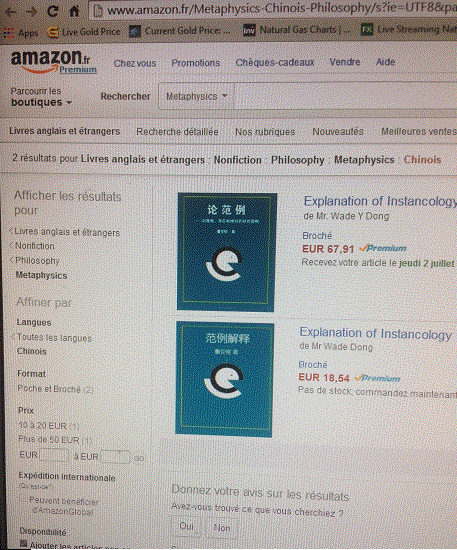Debate on Free Will
Free Will: An Instancological Analysis
1. The Traditional Dilemma
The question of free will has haunted Western philosophy for centuries. Are humans truly free to choose, or are all our actions determined by prior causes—be they physical, biological, psychological, or social? Most traditional theories fall into two camps:
Determinism: Every event, including human choice, is the necessary outcome of prior states and natural laws.
Libertarianism: Humans possess a special, uncaused power to choose otherwise—free will is absolute and independent.
Both views are plagued by paradoxes. Determinism appears to undermine moral responsibility. Libertarianism struggles to explain how “uncaused” choices could be rational or meaningful. Compatibilist attempts to reconcile the two often collapse into disguised determinism.
2. The Instancological Reframing
Instancology, with its layered ontology, offers a fresh perspective that dissolves these old oppositions.
a) Layered Reality
According to Instancology, reality is structured into four irreducible layers:
AA (Absolute Absolute): The unspeakable, unconditioned background of all reality.
RA (Relatively Absolute): The realm of laws, logic, and necessity—order without representation.
AR (Absolute Relative): The natural world—material, biological, and environmental instances.
RR (Relative Relative): The world of human products, including consciousness, will, language, and culture.
b) Will as an RR Instance
Human “will” is an Instance that arises within the RR layer. It is neither an isolated spirit nor a mere byproduct of physical or logical necessity. Instead, will is a Whole—an emergent, irreducible unity that cannot be explained by adding up its parts. It is real and effective within its layer, but always relational.
3. Freedom and Determination: A Layered Unity
a) No Isolated Freedom
Instancology denies the existence of “absolute” free will for anything less than AA. The very notion of a will utterly independent from all causes is, ontologically, an illusion. Every RR instance—including human will—is always instantiated within a network of relations: biological drives (AR), social context (RR), logical constraints (RA), and the ineffable background of AA.
b) Not Mere Determinism
Yet, Instancology equally rejects the reduction of will to mere AR or RA processes. The emergence of an RR Instance (a choice, a commitment, an act of will) is a Whole: it is not predictable by, or reducible to, any combination of its AR or RA antecedents. The RR level gives rise to new realities, new wholes, which cannot be mechanically deduced from prior parts.
4. The Role of “SiZai” (思在): The Lived Experience of Will
The Instancological concept of SiZai (Thinking-Being) captures the human experience of reflection, deliberation, and decision. Will, as experienced, is a dynamic process where the Whole (the self) interacts with its own parts and with the world. This process gives rise to the undeniable experience of agency—even as it remains rooted in relational networks.
5. Moral Responsibility and Agency
Within Instancology, responsibility and agency remain meaningful. To act as a Whole at the RR level is to introduce new causal powers into the world—powers that genuinely affect other Instances. Thus, holding individuals responsible for their choices is not a metaphysical fiction, but a recognition of their real capacity to instantiate new Wholes.
6. Conclusion: The End of the Old Debate
Instancology reframes the “free will” debate by rejecting the forced choice between total determinism and absolute freedom. Instead, it affirms:
Human will is real, emergent, and irreducible at the RR level.
Absolute freedom is impossible except for AA itself.
Freedom is not the absence of cause, but the presence of irreducible Wholes within a layered, relational ontology.
Responsibility and agency are preserved, grounded in the reality of RR Instances.
In this way, Instancology dissolves the ancient debate, offering a framework in which both freedom and determination find their place—each as a partial view of a deeper, layered reality.
